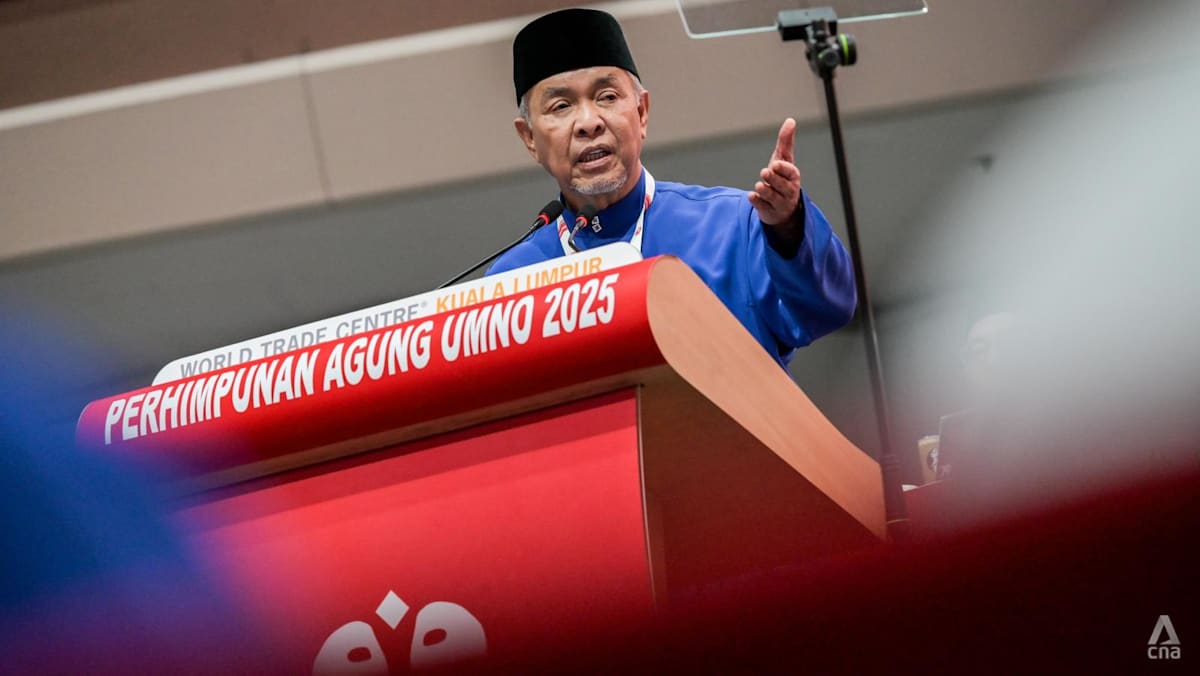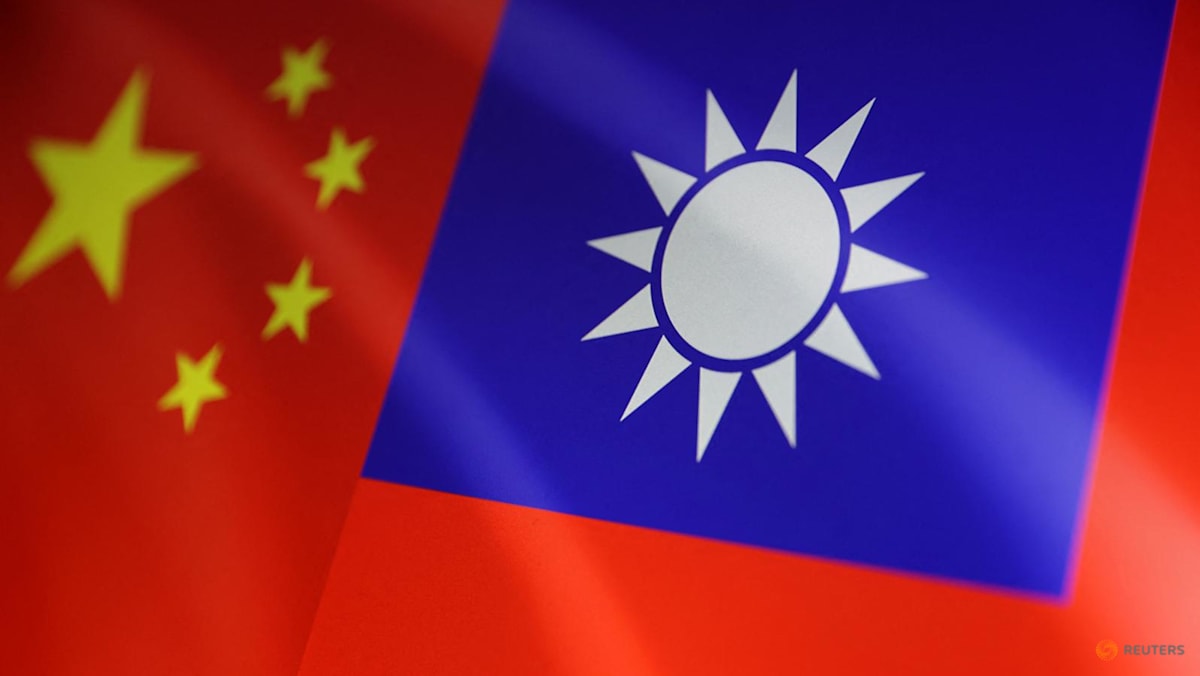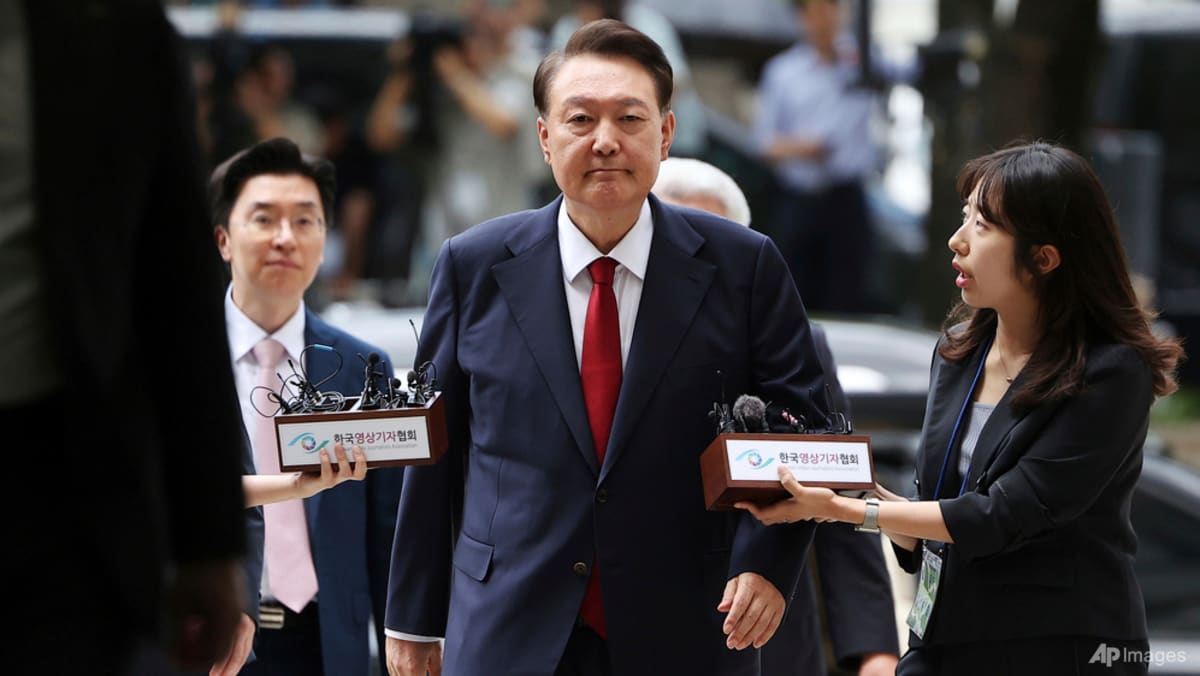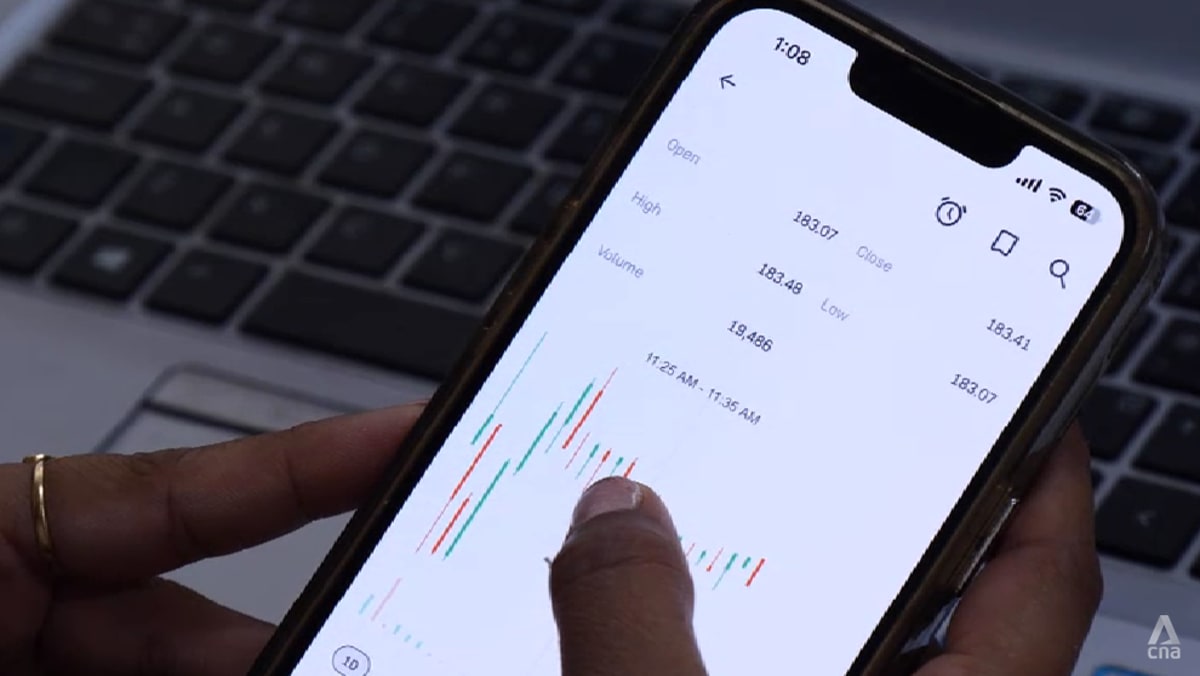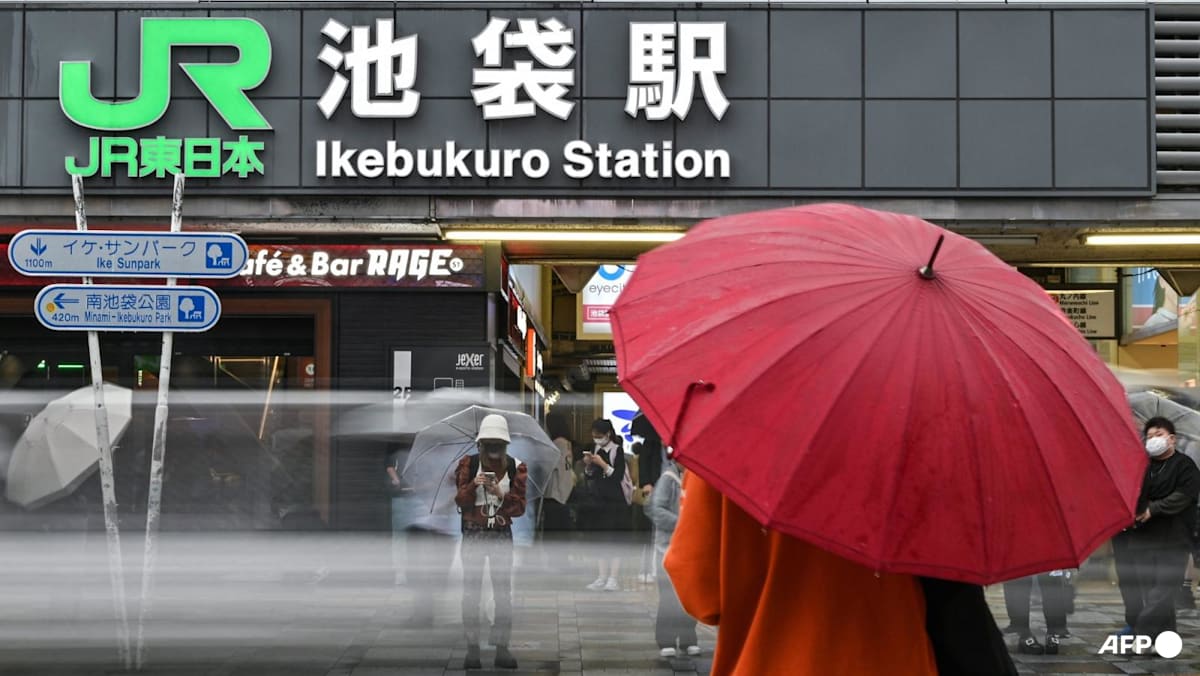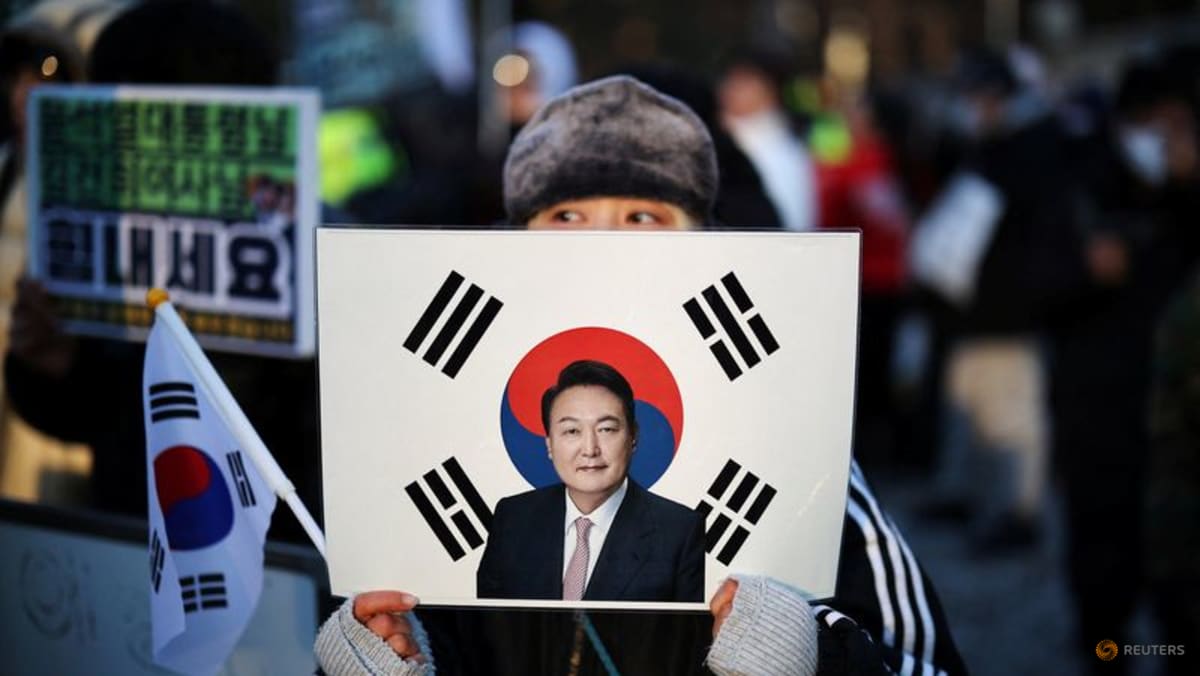CNA Explains: Honda-Nissan merger talks – why Japan’s automakers are scrambling to catch Chinese rivals
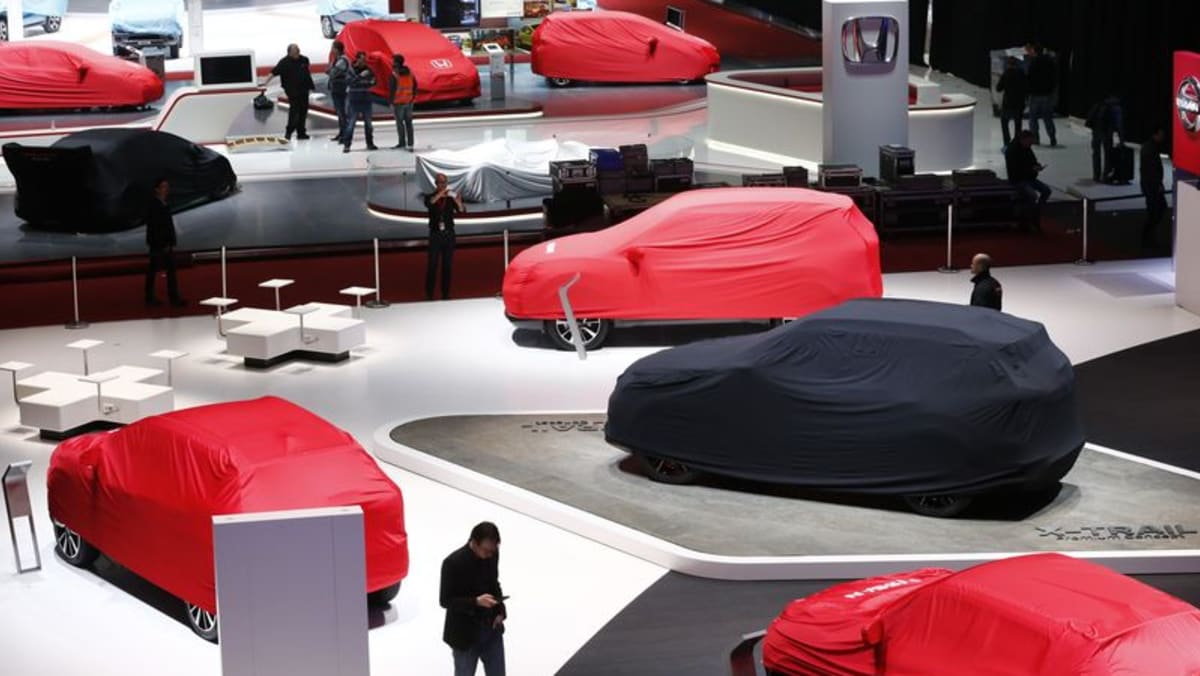
Why has Japan been slow to adopt EVs?
There are a few factors. One is the country’s love for petrol-electric hybrids. Japanese automakers have bet heavily on hybrid vehicles, and sales in Japan are set to keep growing until 2027.
Market leader and trendsetter Toyota has been slow to embrace EVs, and everyone else has followed its lead.
Second, while other countries heavily subsidise EVs as part of their green policies, there are fewer incentives to go fully electric in Japan.
A recent study by environmental group Greenpeace showed that Toyota, Honda and Nissan rank lowest among the top ten global auto companies when it comes to decarbonisation efforts.
According to a report by the Climate Group non-profit, Japan risks a decline in GDP if it doesn’t shift towards producing EVs, because auto manufacturing accounts for almost a fifth of its exports. This could also lead to massive job losses if the auto industry goes into decline.
Japanese automakers are now trying to claw their way back into the global EV market, by staking their future on solid-state batteries that charge faster and last longer than China’s lithium-ion ones.
In March, Nissan and Honda had already agreed to study the feasibility of a strategic partnership in making EV cars and technologies, to cut costs and improve competitiveness.
Nissan and Honda then said in August that they would roll out an EV by 2030, and jointly develop self-driving software.
The plan is to also include Mitsubishi Motors – of which Nissan is the largest shareholder with a 27 per cent stake.
The three brands would have a combined annual production of about 8 million vehicles.
Though Japan’s automakers have to catch up in areas like battery prices and car design, “they are not far behind”, said Mr Vivek Vaidya, associate partner at the Frost & Sullivan consultancy.
“The first commercially produced EV was not manufactured by China. It was manufactured by Nissan – the Nissan Leaf,” he pointed out to CNA’s East Asia Tonight.
If the merger goes ahead, Honda would have access to a manufacturer with an EV and a battery; while Nissan would obtain the “financial muscle of a bigger partner” and be able to “bring in better models at a cheaper and better rate”, he added. “This is a win-win situation for both.”
Source: CNA


